7 Common Mistakes Guitar Players Make – Part 2
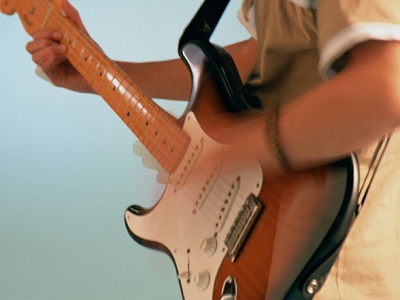 Welcome to part 2 of this special lesson series on common mistakes people make when learning the guitar. Hopefully, you will also learn how to avoid them.
Welcome to part 2 of this special lesson series on common mistakes people make when learning the guitar. Hopefully, you will also learn how to avoid them.
p.s. If you missed the first part of common guitarist’s mistakes, be sure to check it out here…
3. Practicing For The Wrong Reasons
This one really surprised me. When I started asking top players what is important to them about practicing, I expected to hear them say stuff like “I practice to get better”. I mean, we all want to get better don’t we? Isn’t this why you practice?
Before I tell you what I found, I will say that getting better is certainly part of the equation. The difference between good players and mediocre players is that they let the “getting better” part take care of itself. It’s a by-product of their belief structure.
Even though I didn’t get the same answer from everyone (each player had their own words to describe basically the same thing), just this one little shift in thinking can make all the difference in your results.
What’s The Answer The Pros Give For A Reason to Practice?
Try this one on and see what you think. How about discovery? What comes to mind when you think about discovery as a reason to practice? I want you to take a second and imagine what that would be like.
Imagine you are sitting with your guitar, about to practice and your mindset is one of discovery. What can I discover in this practice session about playing the guitar that I didn’t know before? Even if it’s something you have played hundreds of times before, there is still something that you can discover.
Maybe it’s the way you approach the dynamics, soft to loud, loud to soft. How about really exploring the way you use your fingers? Do you use an economy of motion or are you wasting energy on unnecessary finger movement? Are you really paying attention to how your playing sounds?
The next time you sit down to practice, think about what you can discover and see what a difference it makes. I think you’ll be surprised at what you might find.
4. Playing Too Fast
This is probably the biggest cause of failure I see in my students. Playing too fast. It’s understandable though. We all want to get faster. Come to think of it, this is one of the biggest obstacles for experienced players as well.
Let’s explore some of the downfalls of playing too fast when practicing.
When learning a new piece of music, it’s important to take it slow and easy. What we are trying to do is train the fingers to learn something new. With repetition, we train the fingers to respond the same way every time. Some people call this muscle memory.
When you play too fast, you don’t allow this process to take place the way it should. As a result, you get sloppy. You get bad habits and reinforce those instead of what you want.
Think about this. How many times have you been working on something new and you get to a certain point and make a mistake? You start all over, get to the same spot and make the same mistake again. This happens over and over again.
What’s Really Going On Here?
You have trained your finger (muscle memory) to play the mistake.
The only way to correct this is to slow down and train your fingers to do it the right way. Let the speed happen naturally. Remember, speed is a by-product of accuracy.
Another result of trying to play too fast, too soon is unwanted tension. To play the guitar well requires one to be relaxed. The more relaxed you can be, the better your fingers will perform.
Slowing down allows you to become aware of the tension in your body so you can relax. When you are relaxed everything works better. You can also practice for longer periods of time without all the tension in your body.
The next time you sit down to practice, remember the speed limit. Take it easy and practice slowly.
To continue to the next part of the series, click here…
Hands Down The Best Program Ever to Be Created
For the most effective step-by-step guitar method, we highly recommend Gibon’s Learn & Master Guitar course. This award winning DVD program is currently on a 3-day sale and you get to save $100 off the usual price today!
Click here to learn more details and purchase the course before this promotion ends…


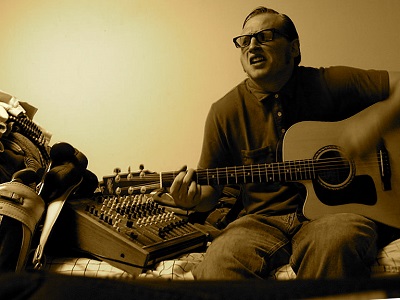
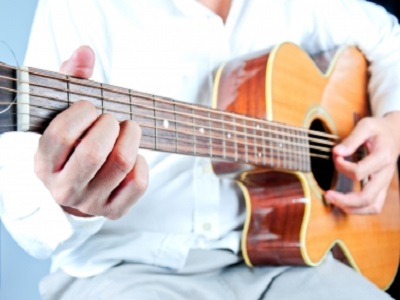
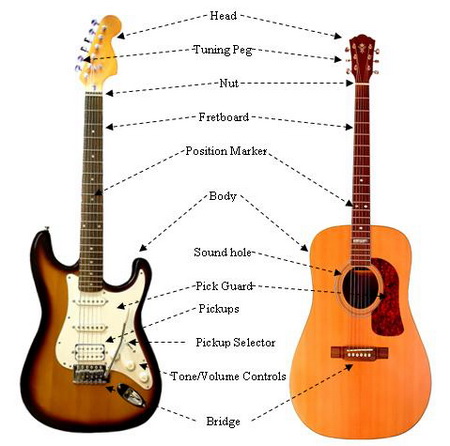
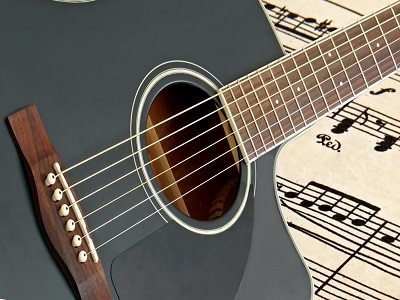

Leave A Comment